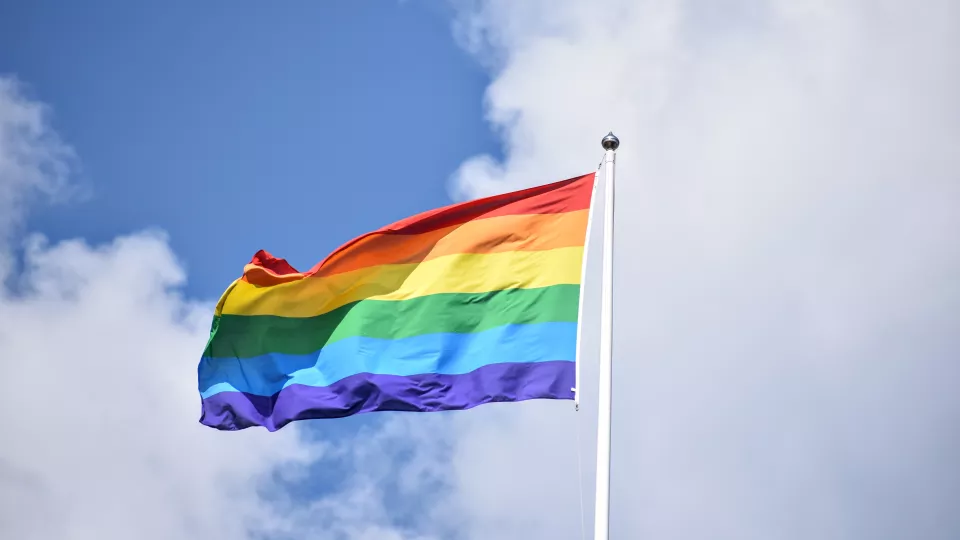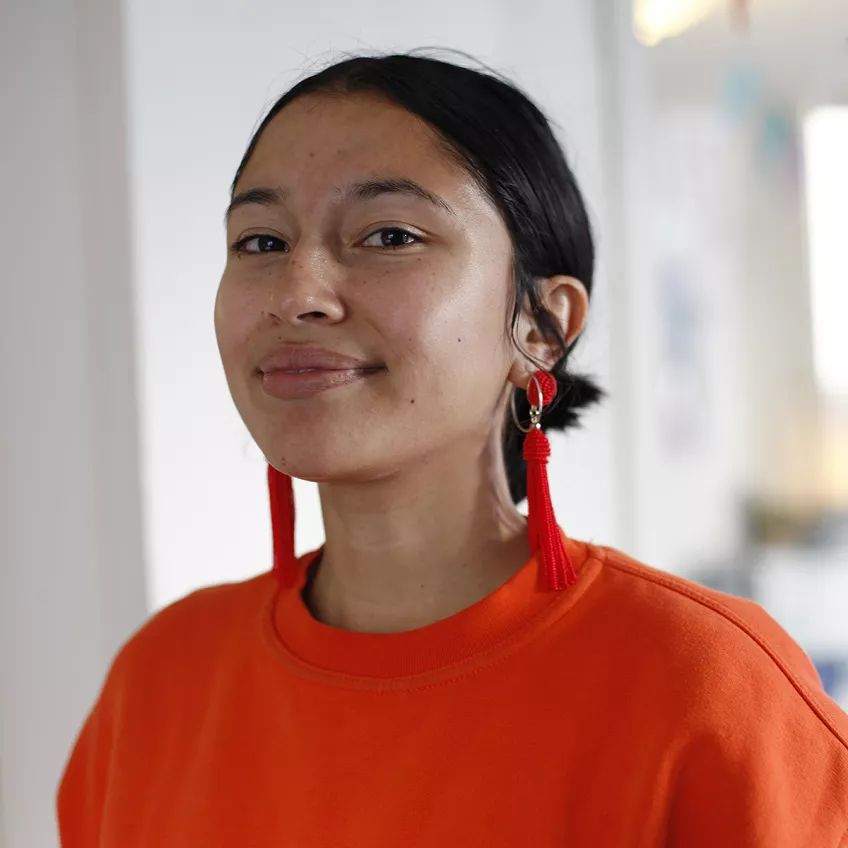Those who do not follow the norm, depending on, for example, gender, sexuality or gender expression, may feel discriminated against and excluded. The lecture aims to get the participants to reflect on how our norms can have exclusionary effects for lgbtqi people.
"A common knowledge base is a prerequisite for being able to create an organisation that includes everyone, says lecturer Sara Sjölander from RFSL."
What is the lecture about?
"We want to inspire people to work preventively and take measures to promote more inclusion and equality in the workplace. A first step is to go through norms and norm-critical working methods and how to proceed in a norm-critical change process.
Why is it important? Otherwise, what consequences could it have?
"A work environment that is normative and does not promote inclusion is a breeding ground for discrimination and victimisation. Even if it's not always that serious, a normative workplace can create an outsider or a feeling of being treated differently. We need to think about who "we" are and that we think about ourselves and our own relationship to social and structural norms.
What do you want the lecture to result in?
"That you reflect on the norms we have here. Are we heteronormative in our work groups? What can we do to make lgbtqi people feel safe? What are the exclusionary consequences of our norms and how does it affect our employees? We want to create a conversation that paves the way for change. In the best of worlds, people regardless of gender, sexuality and gender expression feel comfortable and safe within the organization.



